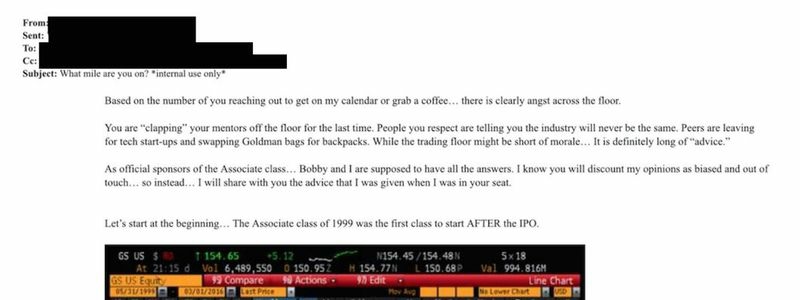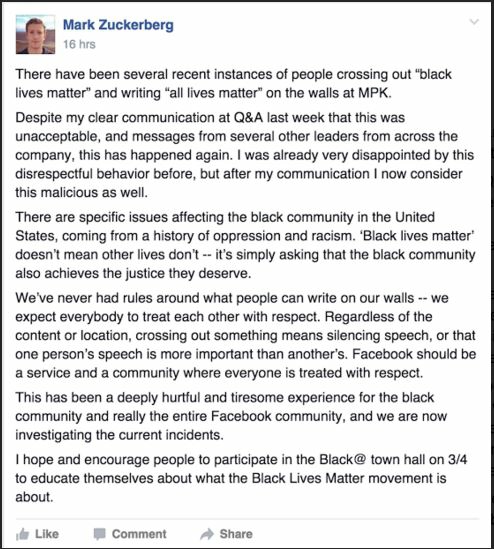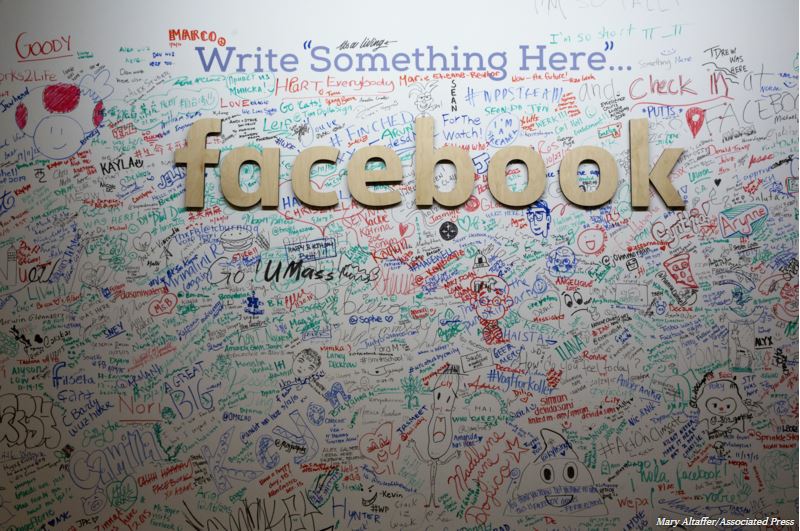Students Remember More with Handwritten Notes
/A Wall Street Journal report discusses several studies that encourage handwritten instead of typed notes. In one study, students watched a PowerPoint presentation and took notes one of the two ways. After the lecture, students who had taken notes on their laptop had done slightly better in "recalling facts"; however, longer term, after the opportunity to review their notes, students who had handwritten their notes performed better. This group's notes were longer and included images, which could have contributed to their more robust responses. According to one researcher, the hand writers have an advantage to "grasp ideas" and "hold onto new concepts."
The actual writing process doesn't seem to be at play; instead, it's about the "focused attention that handwriting requires." Also, handwriting is slower, which makes the note-taking process more intentional.
Other research supports laptop bans in classrooms. One study found that "students with open laptops remembered less lecture content than those with closed laptops." Several faculty have made the decision for this reason and because of other distractions. An assistant professor at Columbia University cited more reasons in a Washington Post op-ed about his decision to ban laptops:
- Since most students can type very quickly, laptops encourage them to copy down nearly everything said in the classroom. But when students stare at the screen of their laptops, something is lost. The students shift from being intellectuals, listening to one another, to being customer-service representatives, taking down orders. Class is supposed to be a conversation, not an exercise in dictation.
- Clay Shirky, a professor at New York Univeristy, recently asked his students to stop using laptops in class. Another recent study convinced him to do so. The title: "Laptop multitasking hinders classroom learning for both users and nearby peers." A research team in Canada found that laptops in the classroom distracted not only the students who used them, but also students who sat nearby. Meaning, not only do the laptop-using students end up staring at Facebook, but the students behind them do, as well.
Discussion Starters:
- How do you prefer to take notes? Does this research influence your process?
- What about this research rings true for you, and what aspects do you question?


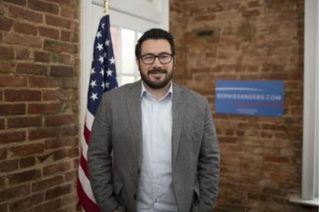

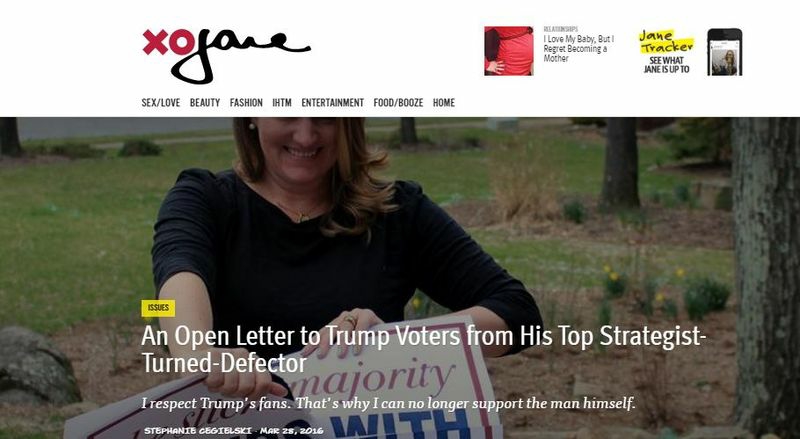

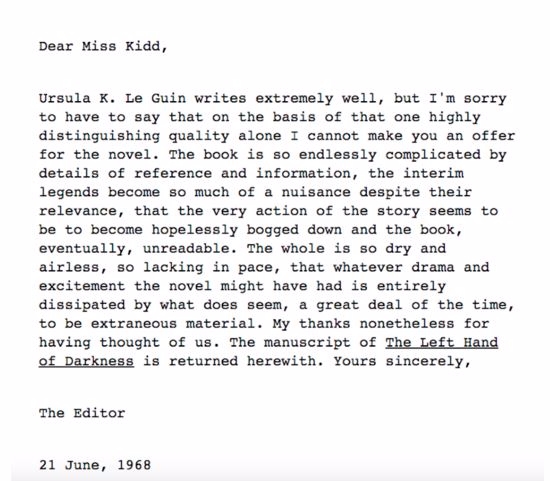









 Slate is probably right. Pressure continues to mount on SeaWorld: ticket sales continue to decline, and corporations continue to pull partnerships.
Slate is probably right. Pressure continues to mount on SeaWorld: ticket sales continue to decline, and corporations continue to pull partnerships. 
